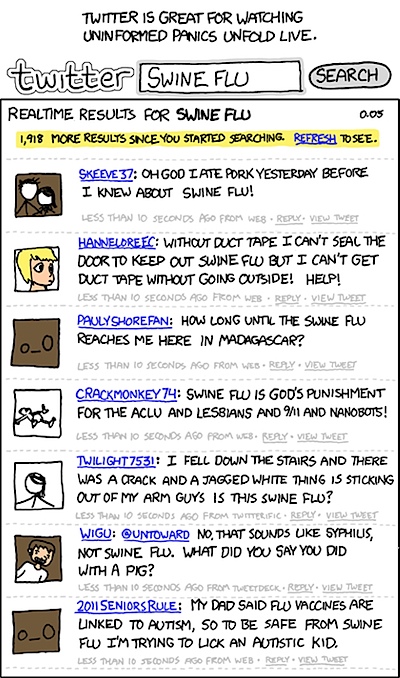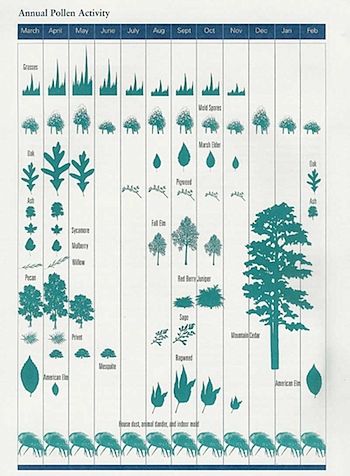05.16.10
Vitamin D
If you’re like me and you hide from the bright shining orb in the sky (the sun), you might want to check if you’re vitamin d deficient. It is easy and cheap to remedy with vitamin d supplements, and untreated deficiency has all sorts of risks associated with it.
There is some good information from this article:
Optimal vitamin D serum blood levels, attained through sunlight or supplementation, dramatically reduce the risk of most serious diseases by an astonishing 50 to 80 percent. These diseases include osteoporosis, osteomalacia, hypertension and a range of cancers from breast and colon to deadly melanoma skin cancers.
Yes, that’s right. The risk of contracting the really nasty skin cancers can be dramatically lowered by getting moderate, sensible sunshine or through vitamin D supplementation. Non-melanoma skin cancers do increase somewhat with sun exposure, especially with sun burns but they are relatively benign and are easily detected and removed.
This is not the end of the list, though. The big killers and most expensive diseases respond similarly to adequate D. I’m talking about cardiovascular disease and stroke. So do type 1 diabetes, type 2 to a lesser extent, rheumatoid arthritis, peripheral vascular disease, multiple sclerosis, dementia, autoimmune diseases and apparently even viral diseases such as H1N1 and AIDs. I emphases that some of these diseases are not “cured” by sufficient D as some bone diseases are. The risk of developing other diseases and the severity of their symptoms if you do is much lower, however, if you are not vitamin D deficient.
There is, by the way, no simple prescription in terms of sunlight exposure or vitamin D supplementation because age, skin color, body weight and even location play huge factors in your circulating blood levels, which should be at least 40 ng/ml of 25-hydroxyvitamin D. Ideally, you should consult a physician who can prescribe blood tests to see where your D levels are.
This information is not new but the odds are that you are unaware of it unless you read the New England Journal of Medicine or other scientific publications. I’ll include links at the end of this article for you to investigate this matter further, including the NEJM paper I just referred to.
…I believe, based on discussions with top scientists, that the impact of attaining optimal vitamin D blood levels for the vast majority of people, whose serum D levels are insufficient, will be an increase in average healthy life spans of 5 to 8 years. This is pretty breathtaking news, frankly, but you have to view it as just one manifestation of accelerating scientific discovery.

